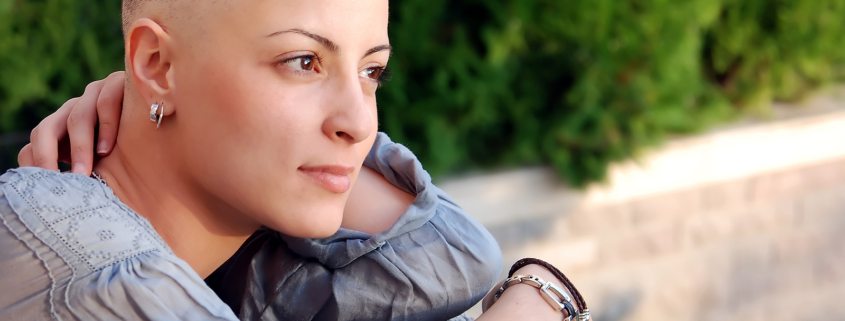Summer Safety Tips for Patients Undergoing Cancer Treatment
Following a diagnosis of cancer, the priority of your care team will be to ensure you get the most effective treatment possible to preserve the highest quality of life, using a multidisciplinary holistic approach shaped by advanced research.
In the vast majority of cases, as long as you attend every treatment, ensure you have enough rest and take into account the potential effects of treatment, you will still be able to enjoy your day-to-day life, keep active and even potentially go on holiday.
With summer fast approaching, alongside brighter sunny days, we are often asked how to enjoy the sun safely whilst undertaking cancer treatment, whether it is simply spending some time being active outside or taking a longer trip to relax the mind and soothe the soul.
Here are some top tips for enjoying yourself and staying safe on sunny days whilst undergoing cancer treatment.
Ask Your Cancer Team About Sun Sensitivity
Cancer treatments will affect your body and especially your skin in different ways, and exposure to the sun can potentially make you more vulnerable than usual to damage from the ultraviolet rays of the sun.
Your multidisciplinary team will be best placed to explain if any of the medications you are taking, the chemotherapy course or radiotherapy treatment would affect your ability to stay out in the sun, as exposure can sometimes exacerbate certain skin issues without protection.
Other medications taken to manage side effects, such as diuretics (used to treat water retention that can occur during some types of chemotherapy), can also increase the risk of heat issues, such as exacerbating dehydration or affecting the body’s ability to regulate heat.
As well as this, swimming can sometimes be an excellent way to stay cool, but radiotherapy can sometimes lead to an increased sensitivity to chlorine and other chemicals used to keep pools hygienic, so it is always important to ask your doctor first.
Stay In The Shade And Cover Up
Lightweight, long-sleeved loose clothes are ideal for wearing when out in the sun, as they will help to protect your arms, legs and the back of your neck from exposure whilst not being so tight and warm as to cause excessive sweating and dehydration.
This includes wearing long-sleeved shirts, loose trousers or long dresses and a summer scarf.
Similarly, wearing sunglasses will help avoid issues if your eyes have become more light-sensitive, and a hat with a wide brim can help cover the rest of your face.
Clothing is available with an ultraviolet protection factor and they would be recommended if you want to protect yourself as much as possible.
Try to avoid direct sunlight if you can, especially between 10am and 4pm when the sun is highest in the sky. It is typically best to stay in the shade, either enjoying indoor activities or underneath a sun shelter.
Wear High-SPF Sunscreen And Frequently Reapply
It is always especially important to apply a broad-spectrum high-SPF sunscreen on sunny days, but it is especially important to ensure you have complete coverage if you have been undertaking radiotherapy treatment.
Do not use an aerosol sunscreen, as it will not provide a thick enough layer of protection and could be patchy in its application. Pump sprays, lotions and roll-on applicators are far more consistent.
Apply generous amounts evenly to any exposed skin or any skin likely to be exposed during the day, such as if you plan to go swimming.
Consistently reapply, even if the product says that it is water resistant or a “once-a-day” product. Over the day, sunscreen can easily sweat away or be washed off if you go swimming.
Keep Hydrated
Hydration is vital over the summer, but this is especially important as some prescription medications can require you to drink more water and it will help to avoid tiredness and confusion.
Carry a water bottle with you and regularly take sips from it during the day, as often as you need. It is worth checking to see if a water refilling station is nearby to ensure that you do not run out.
It may be beneficial to mix your water with an electrolyte powder, as sweating caused by both the sun and physical exertion can cause you to not only lose water but also electrolyte minerals such as magnesium and potassium.
This will help you maintain not only your hydration but also your energy levels.
However, it is important to avoid alcohol or caffeine; both are diuretics that will cause further dehydration, and alcohol can affect the body’s ability to regulate temperature safely and effectively.


